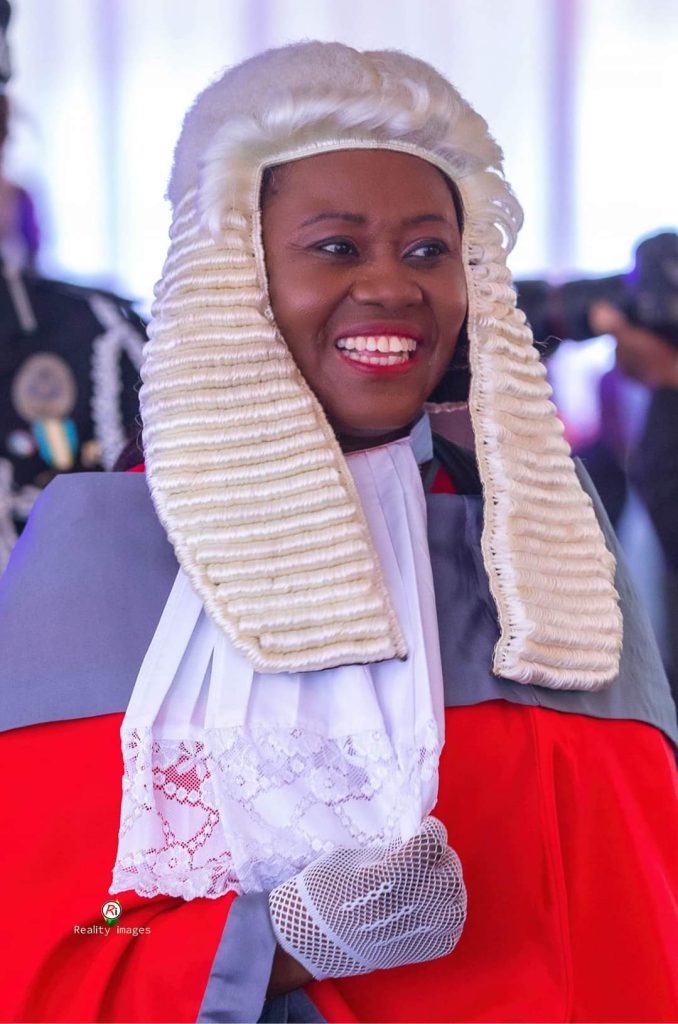Abednego Orstin Rawlings, President of AFRICOM Ghana, has criticized calls for the removal of Chief Justice Gertrude Torkonoo, describing the petition as unjustified and detrimental to Ghana’s democratic image.
Rawlings stated that while Ghanaians are entitled to voice their opinions on national matters, the petition targeting the Chief Justice lacks merit and is a regrettable development.
He noted that the controversy arose following the electoral defeat of the New Patriotic Party (NPP), under whose administration Justice Torkonoo was appointed.
“It’s unfortunate that this call, coming from an educated individual, has surfaced just after Ghanaians voted against the NPP government.
“Such actions could tarnish Ghana’s democratic credentials and the legacy of the Fourth Republic,” Rawlings remarked.
He argued that pursuing the removal of the Chief Justice would create unnecessary challenges for the incoming John Mahama administration, reinforcing perceptions that the National Democratic Congress (NDC) has a history of targeting state officials.
“The Chief Justice has been instrumental in addressing corruption among High Court judges. Calling for her removal is baseless and counterproductive,” he emphasized.
Drawing from personal experience, Rawlings recounted his struggles with judicial misconduct, sharing how he lost over GHC 130,000 in a property dispute due to what he described as a corrupt ruling.
However, he commended Chief Justice Torkonoo’s commitment to justice and her advocacy for vulnerable populations.
“The fight against judicial corruption cannot rest solely on the Chief Justice. Tip-offs and collaborative efforts are essential to root out bad actors,” he said, urging for more support in addressing systemic issues within Ghana’s judiciary.
Rawlings also praised investigative journalist Anas Aremeyaw Anas for exposing corruption among judges, highlighting the need for continued vigilance to maintain the integrity of Ghana’s legal system.
